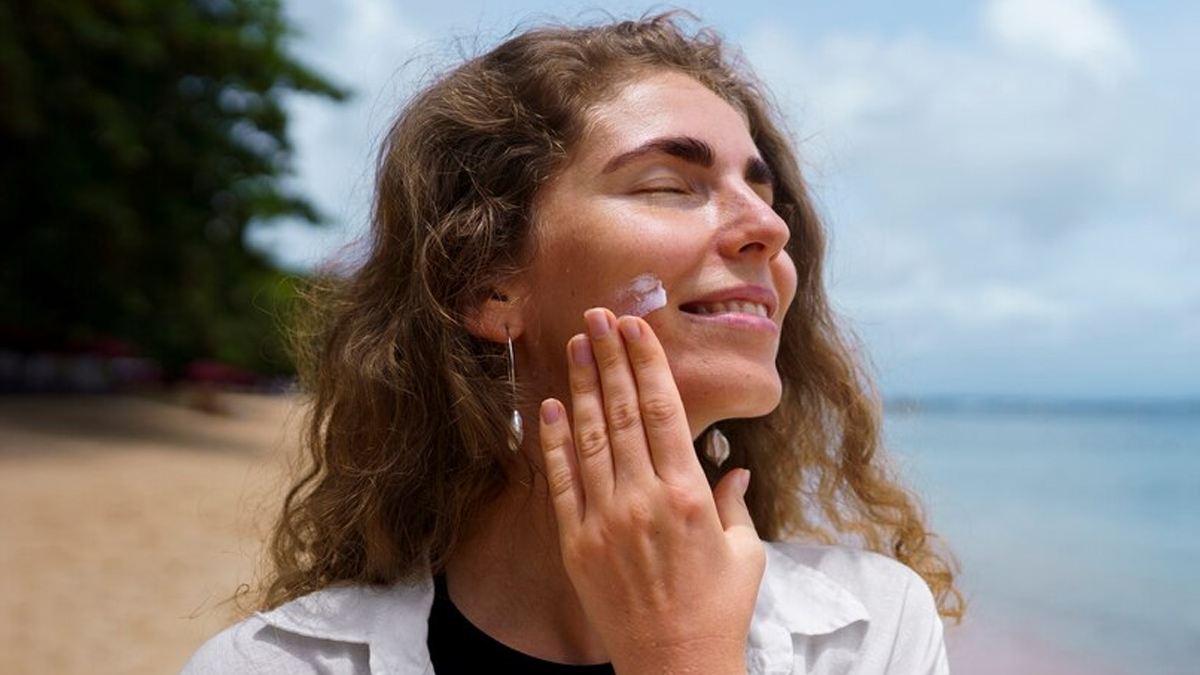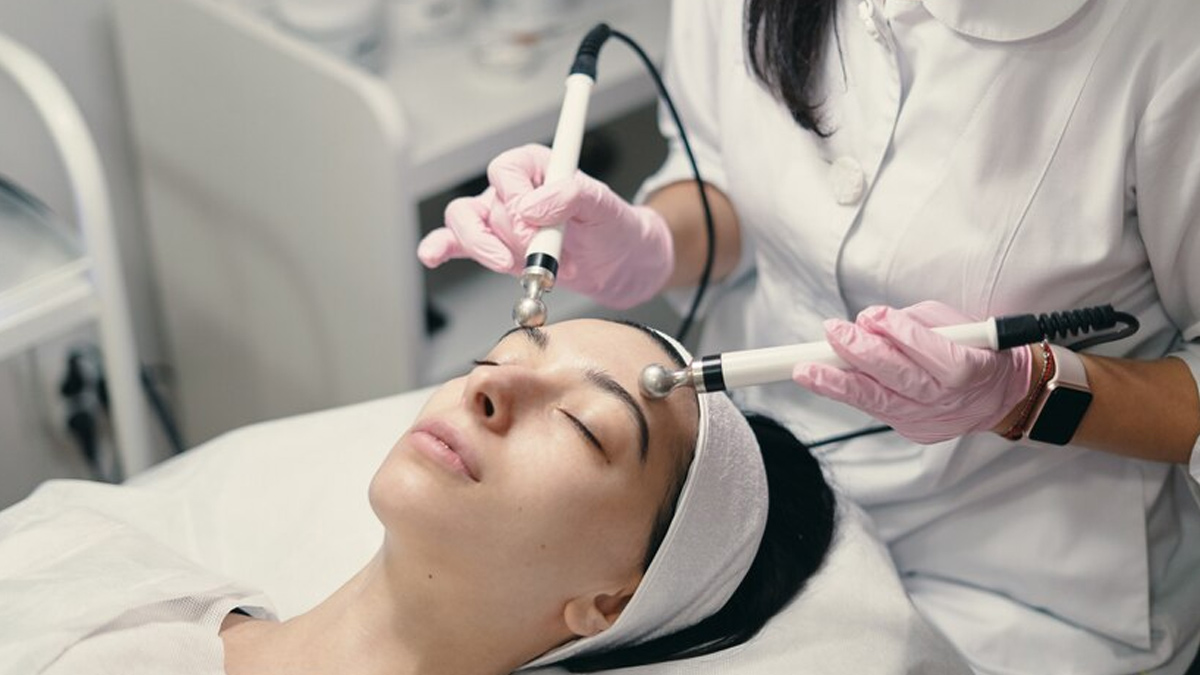Think about the products on your shelf. How many align with your ethical values? In recent years, the beauty industry has undergone a significant transformation, shifting its focus from fleeting trends to meaningful, sustainable practices. Skincare today is not just about glowing skin; it’s about nurturing long-term health while respecting the environment.
As climate concerns grow and ethical considerations gain importance, adopting sustainable beauty routines has become both a personal and collective responsibility. With 2025 on the horizon, it’s the perfect time to rethink our approach to skincare and embrace a greener, more responsible path.
OnlyMyHealth team interacted with Dr Anshul Jain, MD (Gold Medalist), MBBS, Senior Dermatologist and Aesthetic Dermatosurgeon and Dr Shreya Pagaria, Dermatologist, Aesthetic Physician and Hair transplant Surgeon, to understand how to go for sustainable skin care in 2025.
Why Sustainable Skincare Matters
Sustainability begins at the ingredient level. Dr Jain explained, “Brands are increasingly turning to plant-based and responsibly sourced actives such as bakuchiol, a natural retinol alternative, and marine algae, prized for its hydrating properties. These ingredients not only support biodiversity but also reduce reliance on synthetic chemicals.” Animal testing and animal-derived ingredients are being replaced by cruelty-free innovations, with vegan formulations gaining popularity for their minimal environmental impact and reduced risk of skin irritation.
Waterless Beauty and Eco-Friendly Sunscreens

Water scarcity is a pressing global issue, making waterless beauty a rising trend. Solid cleansers, powdered masks, and concentrated serums provide effective skincare solutions without relying on water as a primary ingredient. This conserves water during production and extends product shelf life.
“Mineral-based sunscreens featuring non-nano zinc oxide or titanium dioxide are another sustainable choice. These formulations offer broad-spectrum protection while being safer for marine ecosystems, a win-win for consumers and the planet,” Dr Pagaria recommended.
Also read: Why Eco-Friendly And Cruelty-Free Skincare Is More Than A Trend
Streamlined Routines: Skinimalism

“Skinimalism,” the trend of simplifying skincare routines, continues to grow. According to Dr Pagaria, multi-functional products such as tinted moisturisers with SPF or serums that hydrate and brighten reduce the need for excessive packaging and encourage mindful consumption.
Packaging waste remains a significant challenge for the beauty industry. Refillable systems, compostable materials, and recyclable options are becoming the norm for brands committed to sustainability. Glass containers and metal tubes are emerging as eco-friendly alternatives to single-use plastics.
Innovations in Sustainable Skincare Treatments

Advancements in skincare technology are paving the way for eco-friendly solutions. Dr Pagaria highlights the role of bio remodelling treatments like Profhilo:
“Profhilo, a next-generation anti-ageing treatment, uses ultrapure hyaluronic acid to deeply hydrate the skin, stimulate collagen production, and improve elasticity. Its efficiency, fewer syringes, and biodegradable hyaluronic acid make it an environmentally responsible option.”
Similarly, Dr Jain emphasised the benefits of Hydrostretch therapy, marketed as Viscoderm Hydrobooster and said, “This therapy utilises stabilised hyaluronic acid to intensely hydrate the skin, smooth fine lines, and restore elasticity. With bio-compatible formulations and minimal disposable material use, it aligns perfectly with sustainable dermatological practices.”
Also read: Beauty Benefits Of Bamboo Extract: Here’s How It Promotes Hair And Skin Health
Embracing Small Changes for Big Impact
Sustainability is not limited to products and treatments; our habits matter too. Simple adjustments can significantly reduce environmental impact:
- Turn off the tap while cleansing your face to conserve water.
- Avoid overconsumption by using up existing products before purchasing new ones.
- Opt for energy-efficient tools or reduce the use of beauty devices to lower your carbon footprint.
The Future of Sustainable Beauty
AI-driven ingredient selection and blockchain transparency are reshaping the industry, ensuring that consumers can make informed, eco-friendly choices. With these advancements and mindful habits, sustainable skincare is becoming more accessible than ever.
As we set our resolutions for 2025, let’s commit to making sustainability a cornerstone of our beauty routines. By prioritising ethical practices, thoughtful consumption, and innovative solutions, we can achieve radiant skin while caring for the planet.This year, let your skincare routine reflect not just your commitment to self-care but also your commitment to a healthier world.
